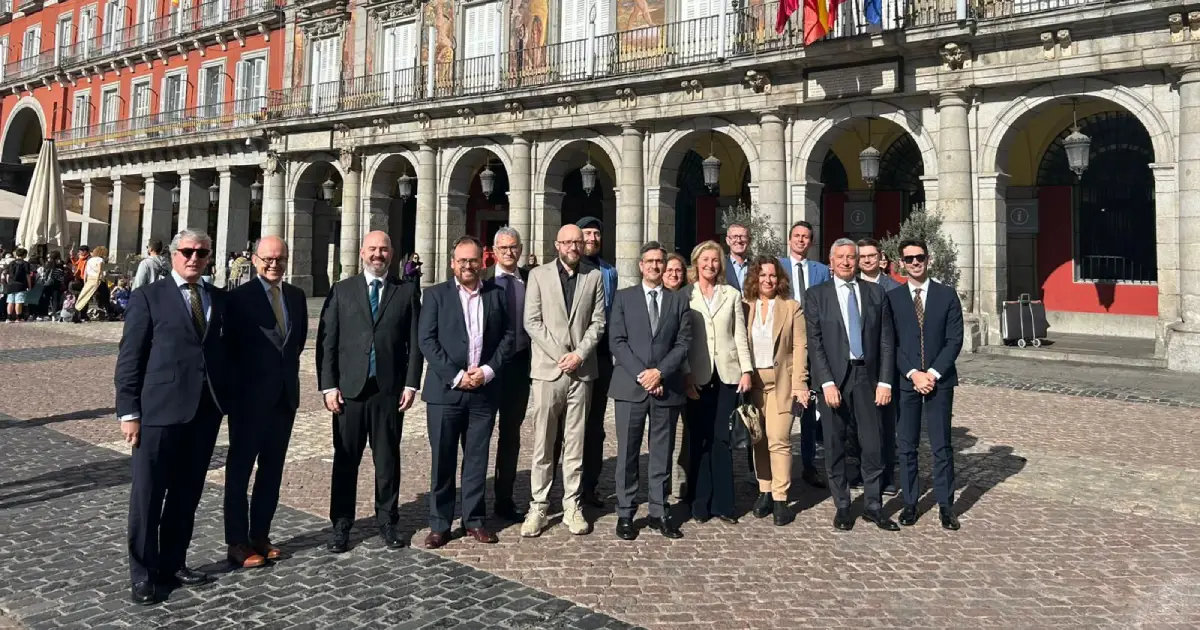Europe: united front against illegal gambling
When seven European regulatory authorities met in Madrid on November 12, 2025, it was less an institutional formality than an act of collective vigilance. Faced with a booming digital market, where illegal gambling operators exploit technological loopholes and network speeds to circumvent the law, regulators wanted to send a clear message: cooperation is no longer an option, but a vital necessity to protect citizens and the integrity of the sector.
A phenomenon that crosses borders
For several years, European regulators have seen an unprecedented escalation in illegal online gambling. This phenomenon, driven by platforms operating from abroad, escapes the usual controls. Its cross-border nature makes prosecution complex, almost impossible when an operator regularly changes domain, server, or marketing strategy.
This parallel market not only causes difficulties for regulators. It also exposes consumers—adults, minors, vulnerable gamblers—to major risks: uncontrolled financial losses, no deposit or withdrawal limits, algorithm manipulation, breaches of confidentiality, and sometimes even outright fraud.
Regulators point out that protecting consumers and public health is one of the cornerstones of their mission. As illegal offerings grow, this cornerstone is beginning to crumble.
When social media becomes a conduit for illegal gambling
What worries the authorities most is the explosion of advertising targeting Europeans. Illegal operators have found social networks, video platforms, and affiliate systems to be particularly effective channels for reaching millions of users.
The authorities are no longer content to simply observe. They are explicitly calling on digital platforms and social networks to improve their control mechanisms in order to prevent the dissemination of advertising campaigns from unauthorized operators.
A strategic meeting in a tense context
The seven regulators meeting in Madrid wanted to respond to an urgent need: that of enhanced cooperation. Faced with increasingly sophisticated illegal operators, no country can tackle digital gaming counterfeiting alone.
The declaration mentions several concrete objectives, the main one being to strengthen the exchange of information on illegal operators. For the authorities, sharing data in real time is essential for identifying illegal networks more quickly and coordinating actions.
This declaration, which marks a renewed and unified commitment, could herald a broader development: the gradual construction of a common European framework for combating illegal gambling. The authorities already share their analyses, but could go further: pooling technological tools, joint investigations, coordinated awareness campaigns.


